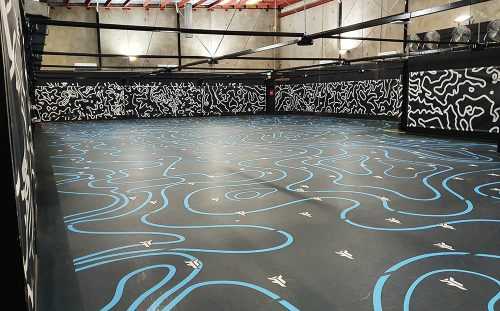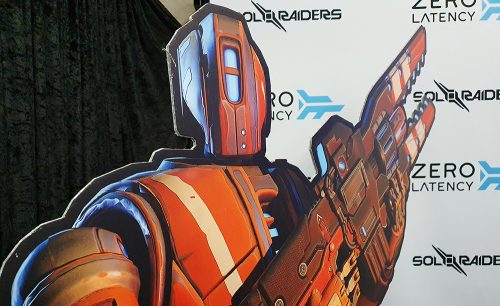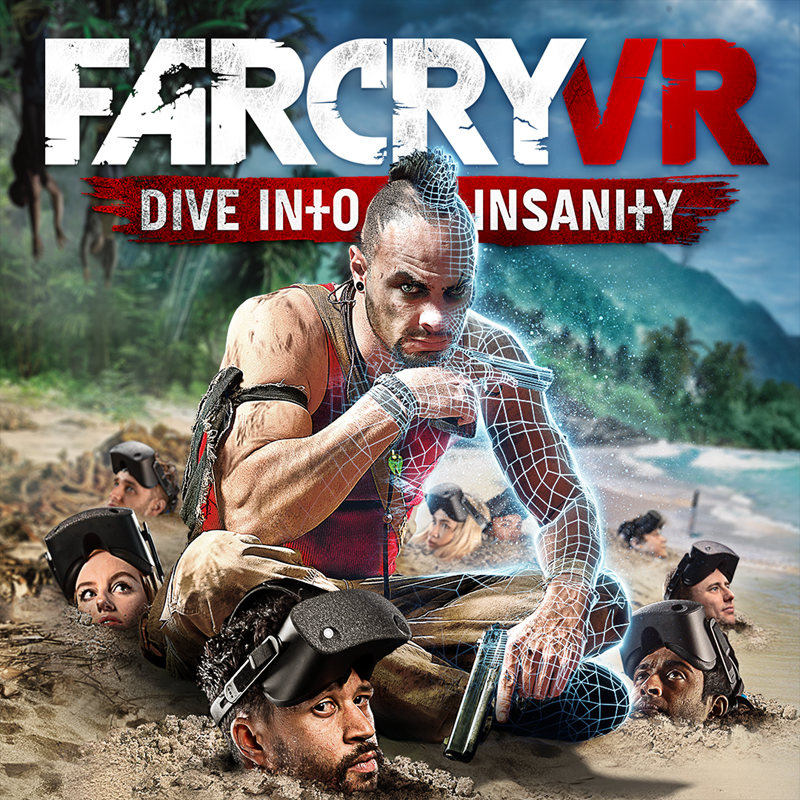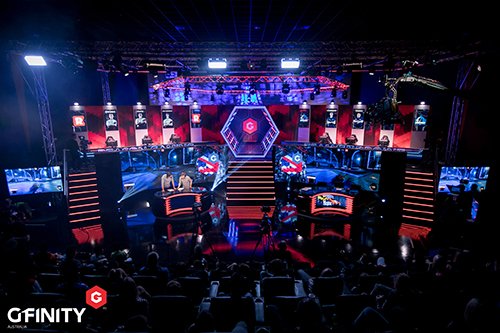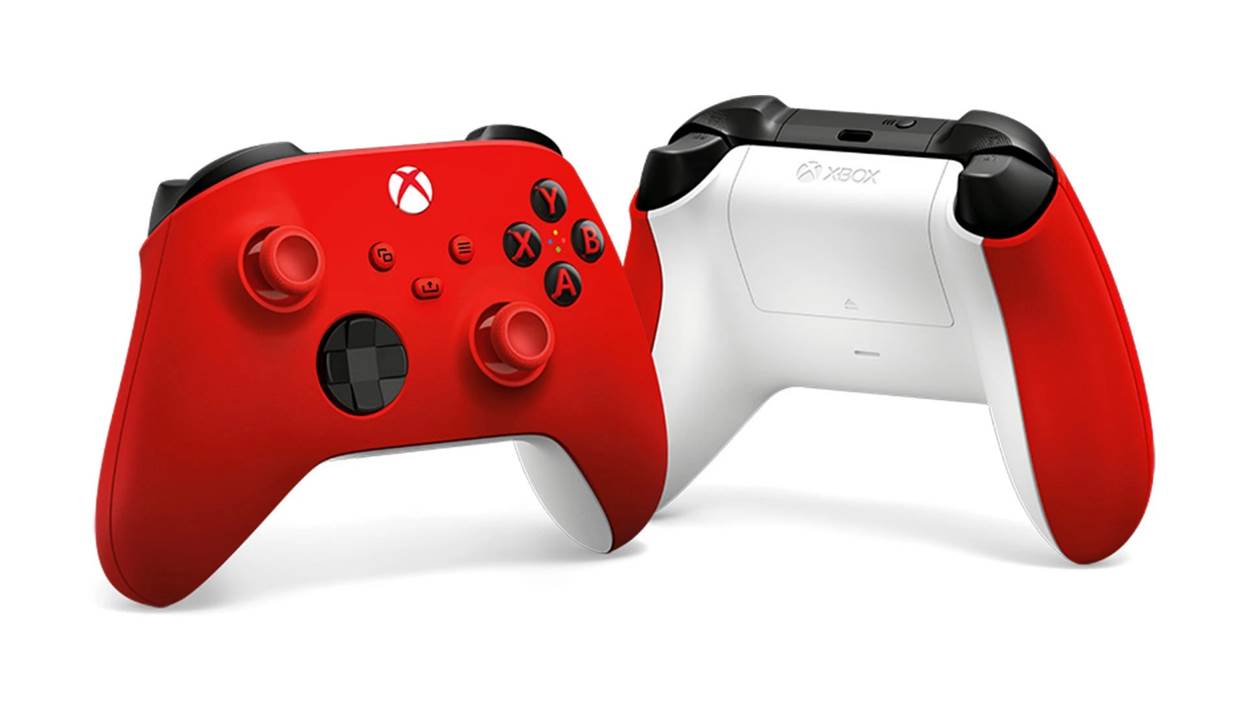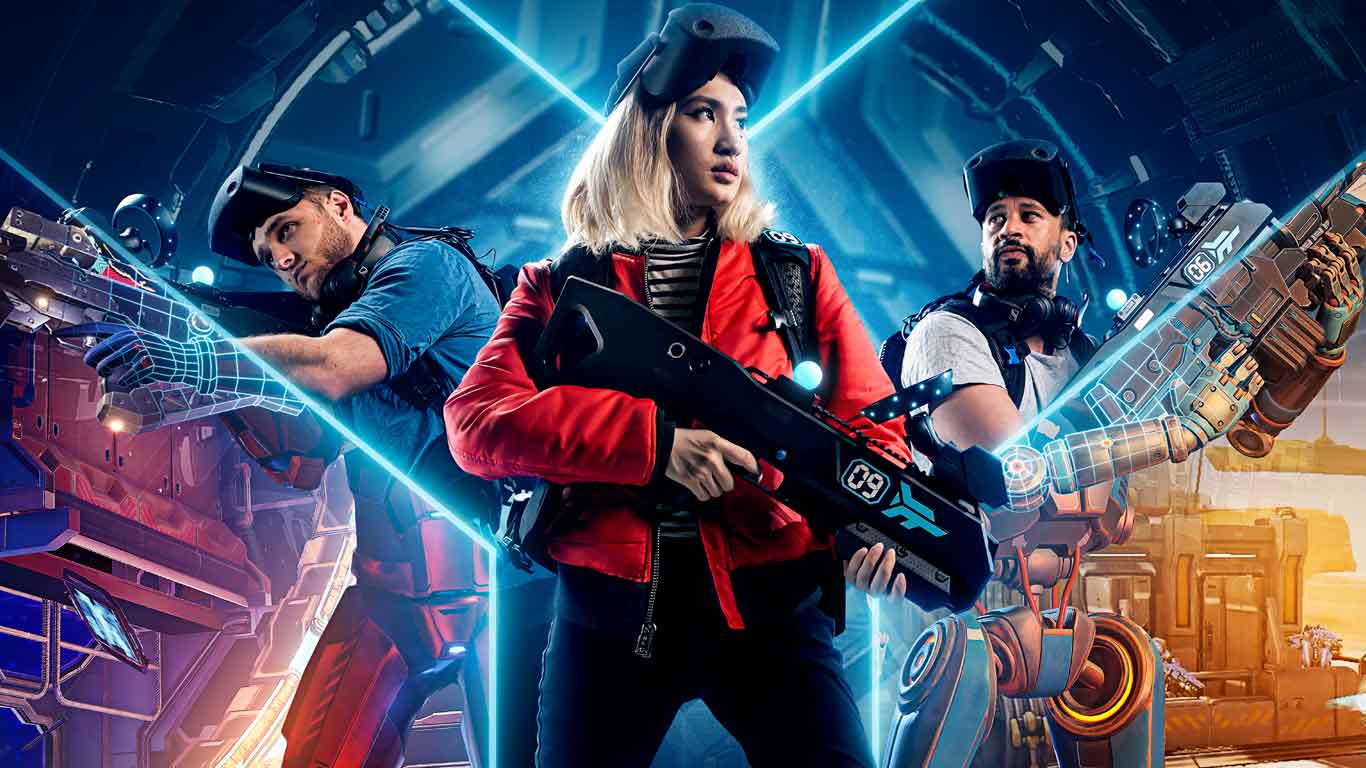
It’s been just over five years since Zero Latency first opened its doors in North Melbourne, getting its start off the back of a successful crowdfunding campaign on Pozible. Riding the rising wave of VR popularity, the business aimed to provide a VR experience you couldn’t get at home, with large, open areas that you and your friends could explore, and shoot each other in. It’s a concept that seems to be working.
Now, in 2021 Zero Latency has 51 locations across 22 countries, and has over the holidays just opened its newest, sixth, Australian location in Mascot, near Sydney. However, no matter which one you head to, you’re in for quite a unique experience, even if you’re used to VR.
By this point, I’m pretty familiar with VR tech, having owned or used an Oculus DK1, PlayStation VR, HTC Vive Pro and Oculus Quest. However, what all of them have in common is that I’ve used them in my own, non-spacious, living areas. Most VR games take this into account by implementing mechanics like teleportation or analogue stick movement. However, this isn’t even a factor at Zero Latency. Using a combination of the larger space, and some Star Trek Holodeck-esque digital tricks, players actually have to physically walk around the space themselves without too much fear of ever running into an actual wall or boundary.
Due to the current reality of interstate travel, we demoed Zero Latency at the North Melbourne location rather than the swanky new Sydney arena, but the games on offer remain the same. All of the current offerings are original creations, developed specifically for the platform and most of them are tailored to co-operative play. Bookings are made in half-hour blocks, with groups of up to 8 people. Getting set up is relatively simple, with a straightforward briefing from your game-master on game rules, and the equipment is minimal. Provided backpacks grabbed from their charging stations come with headsets and headphones attached, and every player gets a weighty gun to hold as well. Once inside the game, you can see other players’ avatars realistically reflecting their position and actions.
In our session we played three games – Undead Arena is one of the newest, and is a simple wave shooter where players team-up against zombies in an 80’s Smash TV-esque game show, taking place on multiple levels. Zombie Survival is an older game, but with a similar premise, pitting players defending a central position, rebuilding fortifications and working together to clear zombie waves.
However, Sol Raiders was by far the most interesting, and the best case for returning to Zero Latency with a group of friends as a regular activity. A PVP game, Sol Raiders places players into two teams, not only counting kills but also points scored towards objectives, like moving giant orbs into goals, or finding special canisters. It’s the most fleshed out experience, with multiple routes to take, or opportunities for teamwork – like sending a mate up into a sniper tower to guide others, or to take cover your advance. Knowing your environment and being able to dodge around cover in any way you would in real life is an absolute game-changer as well. Maybe my fondness for it just comes from the fact that it’s the only game of the three that I genuinely came first in. Either way, it’s a tonne of fun.
There are still some issues with the tech. Wearing masks indoors, it’s easier for the goggles to fog up (although wipes are provided). In our first game, we had several instances of the system losing tracking, pausing the experience for everyone. Sometimes, our friend Jarrod would look like his head was on backwards, or he was squatting while parading a gun over his head (when I’m assured he was not in real life). Fortunately, the customer service is excellent. The game-master is always on hand to troubleshoot issues, quickly replace battery packs, fix tracking or offer tips on how to play better if it’s your first time. Our third game – on top of the usual two for a half-hour session – was actually offered by our game-master to make up for the early issues in our first match. The knowledge and enthusiasm of the staff go a long way to making the whole event as smooth as possible.
I also spoke with Tim Ruse, CEO of Zero Latency, about both the company’s present and future.
“The people want shooters, is what we’ve found! The lion’s share of our audience comes to play a fast shooter,” Tim laughs, “There’s something just perennial about shooting a zombie. I don’t know whether people don’t feel bad about it because there’s no politics, but they make up half of our experiences, and roughly 70% of our players globally are in the zombie games.”
With a global pandemic keeping most event-goers indoors, Tim admits the last year has been challenging for the business, but that things are now on the upswing.
“I think what’s interesting in seeing the recovery we’re experiencing is that things like movie theatres are still struggling all over the world, but in areas where they’re struggling we’re seeing a really solid resurgence in tickets. In places where the virus has been widely contained, things are back to better than where they were pre-COVID.”
Tim partially attributes to the success to the well-ventilated large areas Zero Latency offers, along with their high hygiene standards which were already in place before the pandemic. 2021 is also set to be a new landmark for the company, with the upcoming release of a Far Cry VR experience co-developed with Ubisoft, and currently being tested in Alpha.
“We were waiting to find the right IP with [Ubisoft], and Far Cry was just the logical choice.”
“The idea is that we’re bringing what is a classic video game and re-imagining it in VR. It’s been built from the ground-up, so we’ve brought in a lot of the Far Cry set pieces, a lot of the DNA of that game, a lot of the original assets and remastered it all, brought it into Unreal and optimised it all for a free-roam VR experience.”
The game adapts the characters and scenario of Far Cry 3, which is one of the more iconic entries in the franchise. However, other Ubisoft IP’s were considered as well.
“We sort of started kicking around different ideas that would work well, like we talked around some of the Tom Clancy franchises that they use. There’s other games that people love that don’t necessarily translate that well to free roam VR. Like The Division IP would be kind of cool, Assassin’s Creed would be amazing but very hard to mimic jumping off a roof in free-roam VR.”
Far Cry VR will also differ from most of the other Zero Latency games by having a strong narrative component.
“Every Far Cry game has those hallucination sequences, this is no exception,” Tim teases, “There’s some really fun stuff using the mindbending stuff that’s baked into the DNA of Far Cry.”
“You travel through close to eight different stages over half an hour, so there’s really great feeling of where you started is not where you ended up even though you’re using the same space, you feel like you’ve gone on this massive adventure.”
After Far Cry VR and into the near future, Tim wants to keep expanding the world of free-roam VR to mainstream audiences.
“There’s something very compelling about being able to walk around inside a video game. It’s fun, it doesn’t work with every game, but the games it does work for it’s amazing and it’s a really really great experience. I think I want to be bringing it more into the mainstream and be able to keep lowering the price to bring it to customers, because that’s the next step, is how do you get as many people playing it as possible.”
You can book Zero Latency sessions online at their website for their locations in Brisbane, Gold Coast, Dandenong, North Melbourne, Perth and now Sydney.

